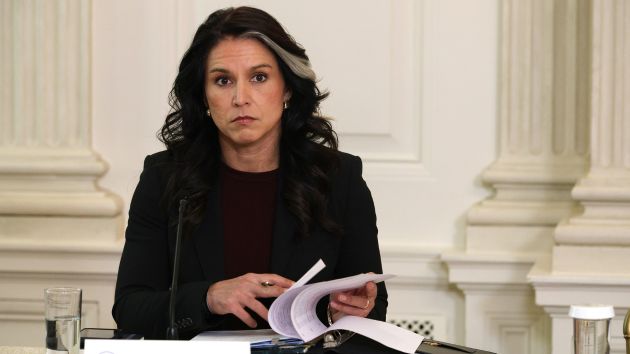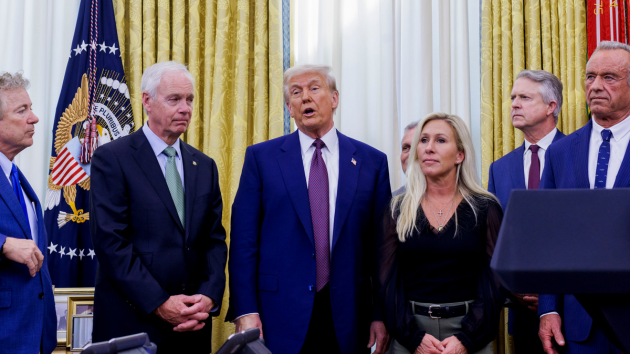Supreme Court rejects unchecked state legislature power over federal election rules
Written by ABC Audio ALL RIGHTS RESERVED on June 28, 2023

(WASHINGTON) — The Supreme Court on Tuesday delivered a strong rejection of a controversial legal theory that threatened to upend state election laws nationwide and give state legislatures unchecked power over federal election rules.
In a 6-3 decision, written by Chief Justice John Roberts, the Supreme Court sided with a group of North Carolina voters who challenged an attempt by state Republican lawmakers to circumvent a state court decision that struck down a new gerrymandered election map.
Roberts was joined by Justices Sonia Sotomayor, Elena Kagan, Ketanji Brown Jackson, Brett Kavanaugh and Amy Coney Barrett.
At the heart of the case was a controversial legal concept dubbed the “independent state legislature” theory, which contends the Elections Clause of the U.S. Constitution provides state legislators alone the power to govern federal elections unencumbered by traditional oversight from state constitutions, courts and governors.
Election and democracy experts warned the theory, if adopted in its most extreme application, could have a dramatic impact on how elections are run and voting rules are written in the U.S. Challengers said the theory would’ve unleashed a dangerous and unprecedented scheme on the eve of the 2024 presidential election.
Roberts roundly repudiated the theory, stating the Elections Clause “does not insulate state legislatures from the ordinary exercise of state judicial review.”
“In interpreting state law in this area, state courts may not so exceed the bounds of ordinary judicial review as to unconstitutionally intrude upon the role specifically reserved to state legislatures by Article I, Section 4, of the Federal Constitution,” Roberts wrote.
Justices Clarence Thomas, Neil Gorsuch and Samuel Alito dissented.
The justices argued the case should have dismissed given state-level developments. The North Carolina Supreme Court, under a new Republican majority, in April reversed its previous ruling that said the gerrymandered maps were illegal.
“This is a straightforward case of mootness,” Thomas wrote. “The federal defense no longer makes any difference to this case — whether we agree with the defense, disagree with it, or say nothing at all, the final judgment in this litigation will be exactly the same.”
Abha Khanna, the attorney representing the plaintiffs in the case, celebrated the ruling as a “resounding victory for free and fair elections in the United States.”
“The independent state legislature theory is a dangerous, fringe legal theory that has no place in our democracy. In its most extreme form, the Independent State Legislature Theory could have weakened the foundation of our democracy, removing a crucial check on state legislatures and making it easier for rogue legislators to enact policies that suppress voters and subvert elections without adequate oversight from state court,” Khanna said in a statement. “We are incredibly relieved that the Supreme Court decisively rejected this dangerous theory.”
Voting rights advocates also praised the decision as upholding a key protection for voters. Former Attorney General Eric Holder described the decision as win “for our system of checks and balances, the cornerstone of American democracy.”
Copyright © 2023, ABC Audio. All rights reserved.

 KVSP
KVSP 




